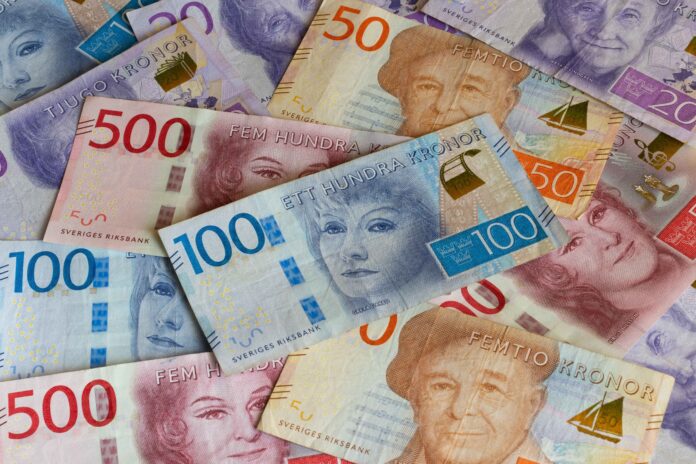This reduces the value of Vonage to about a third of what Ericsson paid for it in July 2022 – revenue from network APIs are clearly not coming in fast enough
Ericsson is to include a non-cash impairment charge of $1.1 billion in its next financial results, largely resulting from its acquisition of Vonage, the Communication Platform-as-a-Service platform (CPaaS), in 2022 for $6.2 billion.
The acquisition surprised the industry at the time and many pundits thought it ill-advised. In October 2023, less than two years after the deal, the Swedish firm devalued the acquisition by almost half, writing down $2.94 billion in a non-cash charge in the third quarter.
Now, nine months later, the Swedish equipment manufacturer said this second write-down was due to the deteriorating market environment and values the CPaaS at about a third of what it paid.
What has brought this about? In May, Gartner Research published insights into why the CPaaS sector is struggling. In short, the CPaaS market grew on the back of offerings like SMS and voice calls, but these first-generation services are commoditised and income from them is falling.
Gartner says that although CPaaS vendors have developed “substantial capabilities in areas such as advanced security, messaging, conversations, artificial intelligence (AI) and video”, end-users’ adoption has been limited.
Commenting on research released in October 2023 by Synergy Research Group, Fazil Balkaya, its Principal Analyst, said, “We are at a pivotal point of the CPaaS market where usage and API based interactions can prove further value during the current macroeconomic conditions. The CPaaS market maintains a strong double-digit growth and the market is poised to exceed $10 billion run rate in 2025.”
The long and the short of it is that network APIs are yet enough to justify the monetary value of the Vonage deal. This is despite much fanfare over recent deals such as Telstra’s last month when it announced it is working with Vonage and will add its network APIs to the platform to spur growth in the operator’s enterprise sector.
In May, Deutsche Telekom Global Carrier (DTGC) announced a new portfolio to meet the needs of its wholesale customers and their enterprise clients and the first such offer in Europe. It enables wholesalers to manage wholesale services for their customers and configure the ready-to-go white label section to suit their brands and needs via a portal, provided by Vonage.
You can read a fuller analysis of the Communication Platform-as-a-Service market here.



